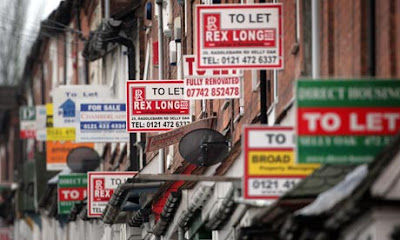One
of the downsides of historically low interest rates is the impact it has for
savers, who have been hit the hardest since the banking collapse. However, a
new initiative from The Financial Conduct Authority (FCA) may inspire some
positive movement for savers.
To
try to emphasise the importance of ‘shopping around’, the FCA has published a
name-and-shame list as part of its review of the savings market. The results
aren’t pretty reading:
-
6 organisations offer rates on cash of 0.05% or less.
-
A further 6 banks or building societies offer rates as low as 0.1%.
Some
of the worst offenders were:
Danske
Bank 0.01%
Progressive
Building Society 0.01%
Ulster
Bank (RBS) 0.01%
HSBC
0.05%
First
Trust Bank 0.05%
First
Direct 0.05%
The
initiative will see the FCA publish the list of poor interest rates every six
months for the next year and a half. The FCA also announced new measures to
force firms to provide clearer information on interest rates. From December
2016, banks and building societies will have to tell consumers when interest
rates change and when introductory offers run out.
They
don’t get too much positive press but the initiative from the FCA can only be a
good thing for consumers and increase competiveness in the savings arena.
It’s
a double win.

